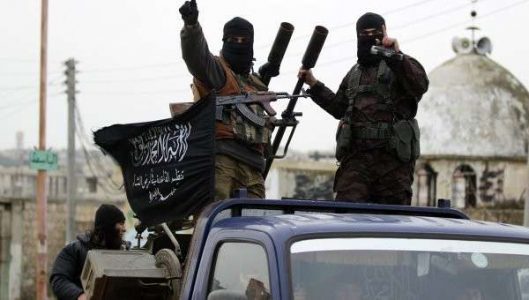
Al-Qaeda remains resilient with Lashkar and Islamic State emerging as global security threat
Al-Qaeda has strong ties with Pakistan-based terror group Lashkar-e-Taiba (LeT) and the Haqqani Network, according to a new UN report. It also said that the deteriorating health of leader Aiman Muhammed al-Zawahiri has raised an alarm on the issue of succession.
“Al-Qaeda remains resilient, although the health and longevity of its leader, Aiman Muhammed Rabi al-Zawahiri, and how the succession will work are in doubt,” said the Analytical Support and Sanctions Monitoring Team report. It was submitted to the UN Security Council Al-Qaeda Sanctions Committee.
The report also said that the terror group considers Afghanistan as a “safe haven” and deeply relies on the strong relations with the Taliban.
“Under Taliban patronage, Al-Qaeda is keen to strengthen its presence in Badakhshan Province, in particular in the Shighnan area bordering Tajikistan, as well as in Barmal, in Paktika Province”, the report said.
According to a previous report on LeT and Islamic State working with Pakistani intelligence agency in Afghanistan, officials have claimed that the terrorist group’s presence in the region has risen over the years. “LeT’s presence in Afghanistan has been observed to be steadily on the rise. According to recent inputs, Hafiz Saeed’s son Talha Saeed is taking more interest in operational affairs in Afghanistan,” an intelligence official told Hindustan Times.
The report also compared Al-Qaeda’s influence with the emerging presence of another terrorist group, Islamic State of Iraq and Levant (ISIL).
The ISIL, who gained recognition for carrying out the Sri Lankan Sunday terror attack, was reported to strengthen its network in remote provinces using “a logical extension of the dispersed, delegated leadership approach.”
“Better established affiliates are taking on elements of responsibility for lesser ones, channelling funds and assisting with propaganda. Over time, this may have the effect of regionalising the agendas of these networks,” it added.
On the other hand, Al-Qaeda has a successfully established network through its engagement in local issues and politics. It noted that the largest concentration of active foreign terrorists in Idli and Afghanistan were largely aligned with the Al-Qaida. However, it is noted that the group has some issues in the Syrian city, Idlib.
While the report says that the Al-Qaeda’s allies are stronger than their ISIL counterparts in Idlib, Syrian Arab Republic, Yemen, Somalia and a majority of West Africa, it said that ISIL is a much greater threat to global security.
In terms of finances, media profile, current combat experience and terrorist expertise, the UN report noted that ISIL remains much stronger than Al-Qaeda.
Source: IBT





